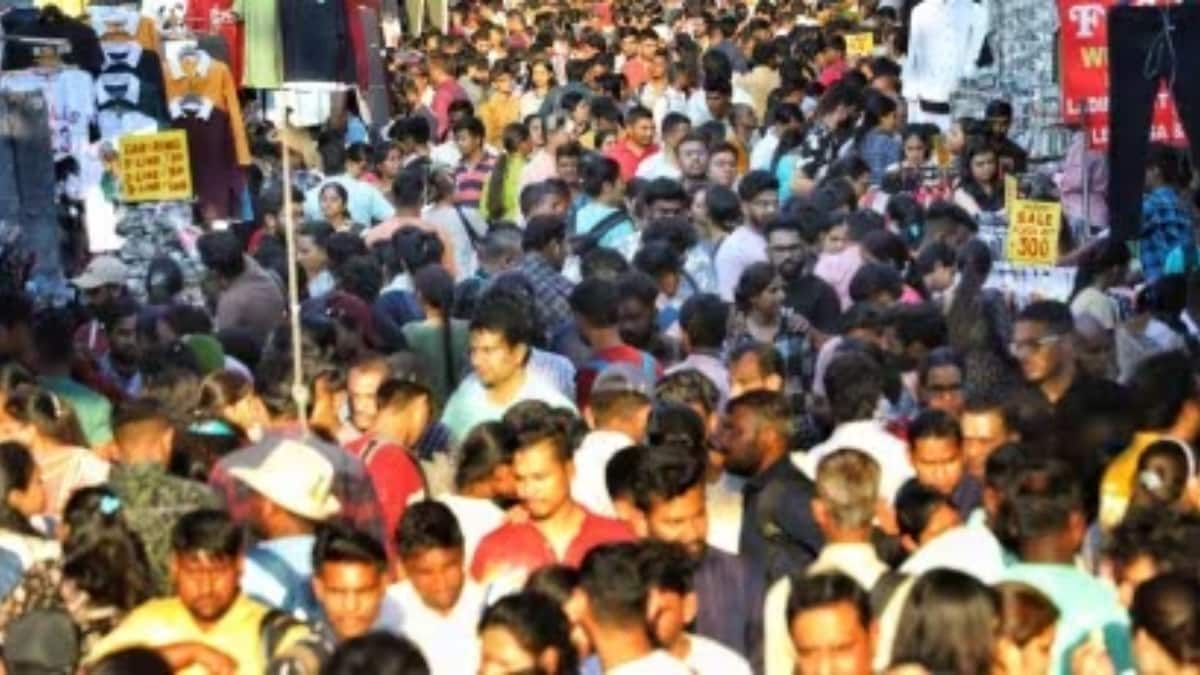Algorithmic rage: Governments regulate social media content, not algorithms which shape public opinion
Delivering the Justice VM Tarkunde Memorial lecture on the topic: “Upholding Civil Liberties in the Digital Age: Privacy, Surveillance and Free Speech”, earlier this month, Chief Justice DY Chandrachud made a very important point with regard to the dangers of using social media platforms for dissent activism.
“There is a flip side to adopting privately owned platforms as the medium of dissent, activism, and expression of free speech. With corporations wielding such immense power, there is an immense amount of trust placed on them to act as the arbiters of acceptable speech—a role that was earlier played by the state itself,” he remarked.
Implicit in the CJI’s observations is the difficulty governments across the continents face in regulating social media platforms, which have the power to shape opinions even if the cause is wrong and misdirected. In democracies like India, activists no more need to run from door to door to galvanise people into action for a cause. A mere call on social media platforms does the work quite effectively. The legitimacy of the cause is assessed by the strength of just numbers—whichever side is able to marshal higher numbers (read trolls) in favour of a cause, wins the day. No wonder whether it is a political party or private corporation, there is a need for experts to handle social media, both for disseminating information and countering misinformation, needless to say at lightning speed.
The point which seems to have disturbed the CJI like many other right thinking citizens, is that the power to shape opinions lie in the hands of private corporations. WhatsApp, X, Facebook, Instagram, Google, etc, are all mega corporations spanning geographical boundaries and can shape public opinion in a manner which state powers cannot rival.
It is not that social media platforms are totally unregulated. Governments have framed regulations to block content which are seen as unlawful. The distinction between social media platforms and publications is that the latter has an editorial staff which distils information, fact-checks and then presents to the readers, who do not have the power to air their views directly. Quite to the contrary, social media firms let subscribers air their views publicly on a platform. As a check, some rules and policies are laid down, which if violated can lead to removal of content or blocking of accounts. On top of this, governments have the power to direct them to block anything which is seen as unlawful.
The Indian government, for instance, has well laid out intermediary rules under which it can direct social media platforms to block any content or account on grounds of security and sovereignty of the country. If social media firms ignore the direction, they end up losing the legal immunity they have over hosting third-party content and can be charged with criminal proceedings that can see their executives go behind the bars.
The problem emanates here. If activists draw up support for a cause through use of social media, with which the government does not agree, obviously the latter may issue directions for blocking of content. This may be seen as curbing freedom of speech and expression which are essential in a democracy. Even so, the power that governments wield is smaller compared to that of private corporations owning the platforms.
The real power lies in algorithms, based on which the search engines work. Be it history, economics, politics, science or technology, narratives can be built and spread in a manner which, despite throwing a distorted picture, can pass off as authentic knowledge. The term WhatsApp University has gained much currency these days as knowledge on most current and contentious topics are imparted through it. Acknowledging its danger, the government made a law that if peace gets disturbed through spread of mischievous messages, WhatsApp would have to reveal the source of the message to the government so that action can be taken against the one who started it all. But such instances will come to the fore only in extreme cases of flashpoints.
However, algorithms work 24/7. They identify the nature of information a particular subscriber wants and keep supplying the same through the search engine without providing a counter. The result is indoctrination through social media. Algorithms are something that the governments do not regulate. With artificial intelligence, the power of algorithms has become even more dangerous, which can be seen in the deepfakes that are in the news these days.
The danger which the Chief Justice seems to be hinting at seems to arise with the power of algorithms—if private corporations want certain narratives to get ingrained in the minds of people, governments and regulations are hardly in a position to check them. What can be checked is the boiling point but not the simmering rage.
Last but not the least, social media has successfully eradicated the ideological boundaries. Several consumer products made by US corporations—Coke, Pepsi—are boycotted by the leftists, but Facebook, X, Instagram, and WhatsApp are popular left, right and centre.
Author email ID: [email protected]



